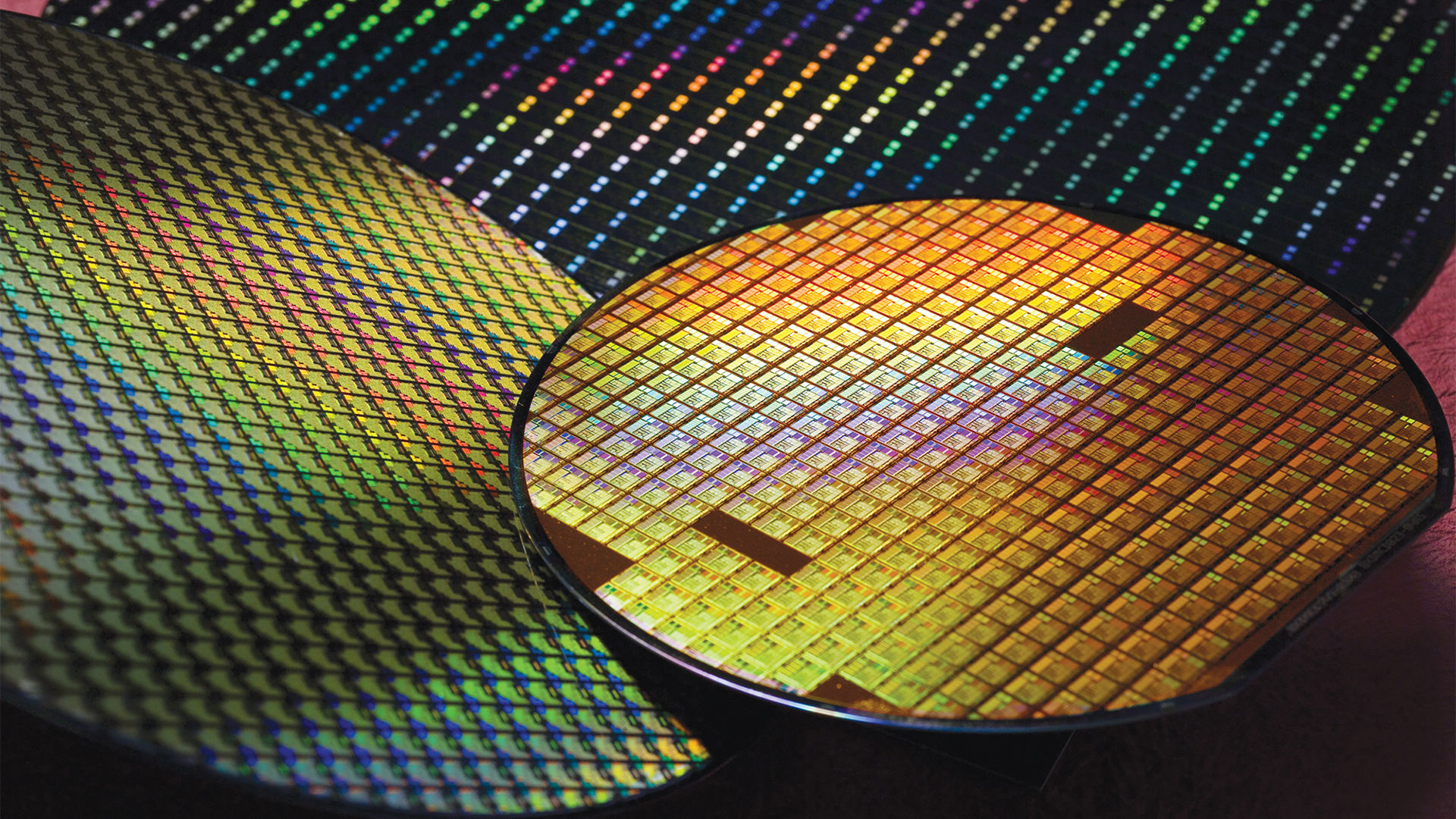Semiconductor Industry Trends and Innovations
The semiconductor industry is constantly evolving, driven by technological advancements and the ever-increasing demand for electronic devices. As technology becomes more pervasive in our daily lives, the semiconductor industry must adapt and innovate to meet the challenges and opportunities that lie ahead. This article explores some of the key trends and innovations shaping the semiconductor industry.
1. Advanced Process Technologies
One of the most significant trends in the semiconductor industry is the continuous development of advanced process technologies. Shrinking transistor sizes and increasing chip densities have been key drivers of improved performance and energy efficiency in electronic devices. Technologies like extreme ultraviolet (EUV) lithography, three-dimensional (3D) integration, and new materials are being explored to push the boundaries of miniaturization and further enhance chip performance.
2. AI and Machine Learning Hardware
Artificial intelligence (AI) and machine learning (ML) applications are becoming increasingly pervasive across industries, from autonomous vehicles to natural language processing and recommendation systems. As a result, there is a growing demand for specialized hardware accelerators optimized for AI and ML workloads. Companies are developing application-specific integrated circuits (ASICs) and graphics processing units (GPUs) designed to handle complex AI computations efficiently.
3. Internet of Things (IoT) Connectivity and Edge Computing
The Internet of Things (IoT) is transforming industries by connecting everyday objects to the internet, enabling data collection, analysis, and automation. As the number of connected devices grows, there is a demand for low-power, low-cost semiconductor solutions capable of processing data at the edge of the network. Edge computing enables real-time decision-making and reduced data transmission, making it crucial for IoT applications.
4. Quantum Computing
Quantum computing is an emerging field that leverages the principles of quantum mechanics to solve complex problems beyond the capabilities of classical computers. The development of quantum computing hardware, including quantum bits (qubits) and quantum gates, is a challenging task that requires cutting-edge semiconductor technology. Many companies and research institutions are exploring quantum computing to unlock new possibilities in fields such as cryptography, drug discovery, and optimization.
5. Semiconductor Materials and Beyond Silicon
While silicon has been the dominant semiconductor material, researchers are exploring alternative materials to overcome the limitations of traditional silicon-based technology. Gallium nitride (GaN) and silicon carbide (SiC) offer improved efficiency and performance in power electronics applications. Graphene and other 2D materials are being investigated for their unique electrical properties and potential use in next-generation transistors.
6. Automotive Electronics and Electric Vehicles
The automotive industry is undergoing a transformation with the rise of electric vehicles (EVs) and autonomous driving. Semiconductor content in vehicles is increasing significantly, with a focus on power electronics, sensors, and advanced driver-assistance systems (ADAS). The demand for reliable and efficient semiconductor components for EVs is driving innovation in power management and battery technology.
7. Sustainability and Green Technologies
As the semiconductor industry grows, there is an increasing emphasis on sustainability and green technologies. Companies are investing in energy-efficient manufacturing processes and renewable energy sources to reduce their environmental impact. Additionally, semiconductor devices are playing a crucial role in renewable energy generation and energy efficiency across various industries.
Conclusion
The semiconductor industry is a dynamic and ever-evolving field, driven by technological innovations and changing market demands. Advanced process technologies, AI hardware, IoT connectivity, quantum computing, alternative semiconductor materials, automotive electronics, and sustainability initiatives are some of the key trends and innovations shaping the industry’s future. As technology continues to advance, the semiconductor industry will play a vital role in powering the digital transformation of society and driving progress in various fields.
